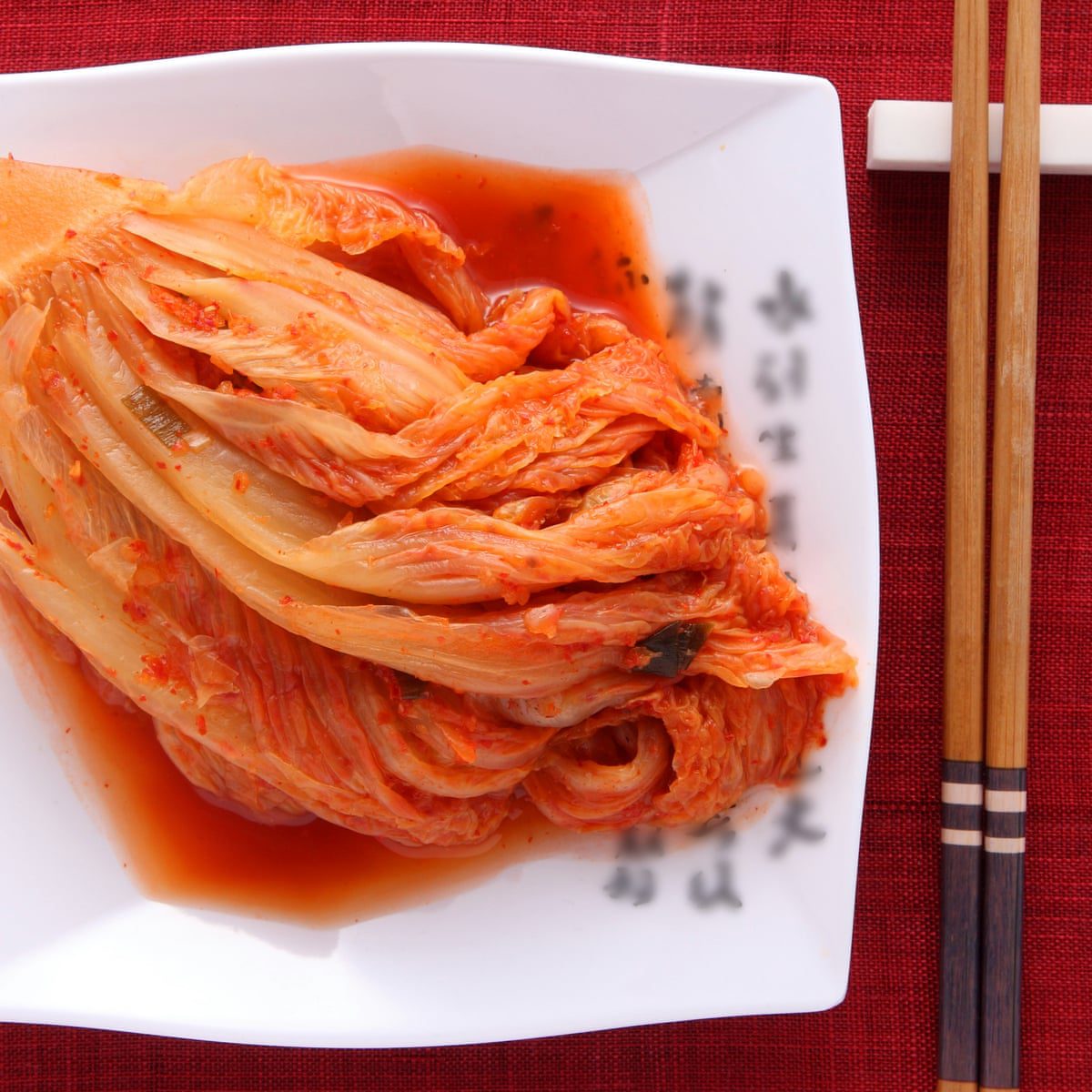Kimchi and Sauerkraut are two popular fermented foods with different ingredients and flavors. Kimchi consists of Napa cabbage, radish, garlic, ginger, hot pepper flakes, and scallions, while Sauerkraut is made from finely chopped cabbage and salt. Sauerkraut contains vitamin K and C, which aid bone health and strengthen the immune system, respectively. Kimchi contains vitamin A and probiotics, which promote healthy eyesight and gut health, respectively. Both foods have probiotics that help prevent inflammation, diarrhea and, improves mental health. Kimchi has a spicy and sour flavor, while Sauerkraut is tangy and sour. Ultimately, both can be incorporated into a diet to improve flavor and nutritional needs.
Kimchi vs. Sauerkraut: The Fermented Food Fight
Introduction
Fermented foods have been an essential part of human diets for centuries. They provide a plethora of health benefits and enhance the taste of foods. Two of the most popular fermented foods are Kimchi and Sauerkraut. Both Kimchi and Sauerkraut are prepared using different ingredients and have unique flavors. In this article, we will compare and contrast Kimchi and Sauerkraut and analyze their nutritional value, health benefits, and taste.
Ingredients
Kimchi is a popular traditional Korean dish prepared using Napa cabbage, scallions, radish, garlic, ginger, and hot pepper flakes. Sauerkraut, on the other hand, is prepared using finely chopped cabbage and salt. Kimchi contains more ingredients than Sauerkraut, which gives it a complex flavor profile.
Nutrition
Both Kimchi and Sauerkraut are low in calories and high in nutrients. Sauerkraut contains vitamin K, which promotes healthy bones and helps prevent blood clots. Vitamin C is also present in Sauerkraut, which acts as an antioxidant and strengthens the immune system. Kimchi, on the other hand, contains vitamin A, which is essential for healthy eyesight and skin. Kimchi also contains probiotics, which promote a healthy gut and improve digestion.
Health Benefits
Both Kimchi and Sauerkraut are rich in probiotics, which help in maintaining a healthy gut microbiome. The gut microbiome is responsible for digestion, absorption of nutrients, and immunity. Probiotics help in reducing inflammation, prevent diarrhea, and improve mental health. Kimchi contains garlic, which has been shown to reduce blood pressure and cholesterol. Sauerkraut contains fiber, which promotes satiety, and reduces the risk of obesity.
Taste
Kimchi and Sauerkraut have distinct flavors. Kimchi has a spicy and sour taste, whereas Sauerkraut is sour and tangy. Kimchi’s flavor is attributed to the hot pepper flakes added during the preparation, and Sauerkraut’s flavor is due to the fermentation process. Both Kimchi and Sauerkraut make excellent side dishes and can also be added to recipes to enhance the flavor.
Conclusion
In conclusion, Kimchi and Sauerkraut are two of the most popular fermented foods enjoyed by people all over the world. Both have unique flavors and provide numerous health benefits. From a nutritional standpoint, Kimchi contains more vitamins and minerals, while Sauerkraut is high in fiber. Ultimately, the decision between Kimchi and Sauerkraut comes down to personal preference. Both can be enjoyed as a side dish or incorporated into recipes to add flavor and nutrition.
